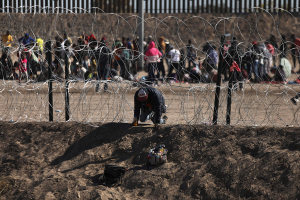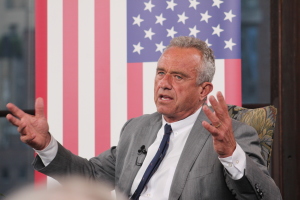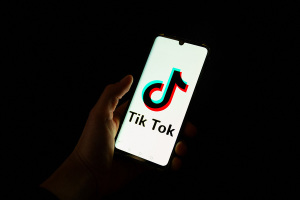Thanksgiving: What Does This National Holiday Mean for Americans Today?
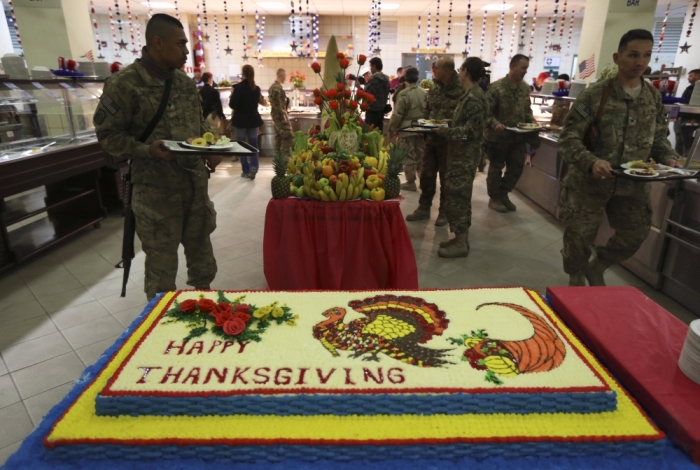
This is the week that Americans from coast to coast cease their workaday activities and gather with friends and loved ones for Thanksgiving. It is a time-honored ritual, observed by the overwhelming majority of the American population. What are the origins of this celebration, and what meaning should it have for Americans today?
Thanksgiving is a combination of two longstanding traditions in Anglo-American civilization, the joyous harvest festival and the more somber declaration of a day of prayer and thanksgiving, often in the midst of some national crisis.
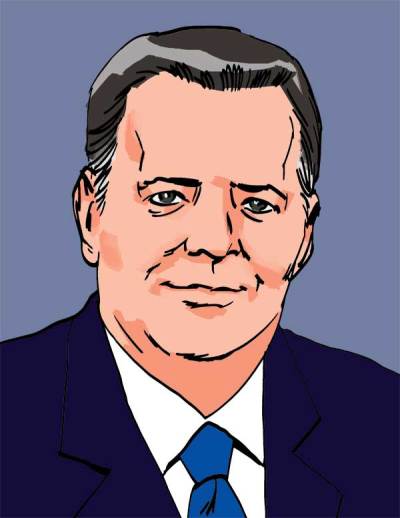
The origins of the present American Thanksgiving, spiritually and emotionally, harkens back to the 1621 observation of a Thanksgiving and harvest celebration by the Plymouth settlers in Massachusetts. These English Pilgrims left Plymouth on September 6, 1620, for the New World. After a little more than two months at sea, they landed in what is now Massachusetts. After signing the Mayflower Compact, the first document to introduce self-government to the New World, they disembarked to face the harsh New England winter.
Unprepared for the brutal and unforgiving environment they faced, half the settlers died before the winter's end. However, with the help of Native Americans they planted crops and reaped a sufficient harvest to carry them through their second winter in the New World. It was now clear that they would not starve, so these 17th century Christian Pilgrims held a "feast of thanksgiving to God" for His beneficence and favor. The three-day celebration commenced on December 13, 1621, and included many of their native American neighbors who had been so helpful in their struggle to survive.
Philip Edward Winslow left a vivid description of this first American Thanksgiving: "Our harvest being gotten in, our governor sent four men on fowling [or bird hunting] that so we might after a special manner rejoice together after we had gathered the fruits of our labor. They four in one day killed as much fowl as . . . served the company almost a week. . . many of the Indians coming amongst us, and . . . their greatest king Massasoit, with some ninety men whom for three days we entertained and feasted, and they went out and killed five deer, which we brought to the plantation . . .by the goodness of God we are so far from want. . ."
In 1777 in the midst of the American Revolution the first official national Thanksgiving celebration was declared by the new nation that had so recently declared its independence from Britain the year before. In October 1789, the head of the recently founded new federal government, George Washington, issued the first Presidential Thanksgiving Proclamation as a day of thanks to that "great and glorious Being who is the beneficent author of all the good that was, that is, or that will be."
President Washington went on the declare that both houses of Congress asked him to recommend to the people of the United States "a day of public thanksgiving and prayer, to be observed by acknowledging with grateful hearts and single favors of Almighty God, especially by affording them an opportunity peaceably to establish a form of government for their safety and happiness."
President Abraham Lincoln was the second American president closely identified with Thanksgiving. While there had been repeated calls for a national Thanksgiving day observance in the 30 years leading up to the Civil War, these cries reached a crescendo as the war reached its crisis point in 1863. In the days immediately following the aftermath of the Battle of Gettysburg, July 1-3, 1863, and just days after visiting the still horribly scarred Gettysburg battlefield, Lincoln declared a national day of Thanksgiving.
In 1941 as the war clouds of World War II gathered ominously over America, Congress permanently established Thanksgiving on the fourth Thursday of each November as a national holiday. Thanksgiving has been a part of our national story from our Pilgrim forefathers onward. Clearly, even in the darkest days during the Revolution, the Civil War and two long World Wars, Americans have felt the need to pause and thank their God for His blessings and to invoke His protection and watchcare over our nation.
As we look around us this Thanksgiving, most Americans at least those who are religious, understand that God has blessed their nation in incomparable and manifest ways. And blessings it must always be remembered are blessings because they are undeserved and unearned. When one looks at American history, one cannot help but come to the conclusion that more than fortuitous circumstances are at work. No one can be that lucky.
God has blessed and protected us in unique ways. And Americans of religious faith should take this occasion to give thanks to God for both His blessings and His bounty.
Please allow me to begin this process by expressing my thanksgiving to my Heavenly Father. Thank you for sending Jesus Christ to die on the cross for me. Thank you to Jesus for loving me enough to leave His throne in glory and sacrifice Himself to a cross kind of death that I might have eternal life.
Heavenly Father, thank you for my Christian parents; thank you for my Christian wife; thank you that my children and their spouses love the Lord; thank you for calling me into the ministry; thank you for allowing me to be born in the United States; thank you for my health; thank you for Your mercy, forgiveness, and forbearance with my many failures and imperfections.
May each one of you have a glorious THANKSgiving!
















